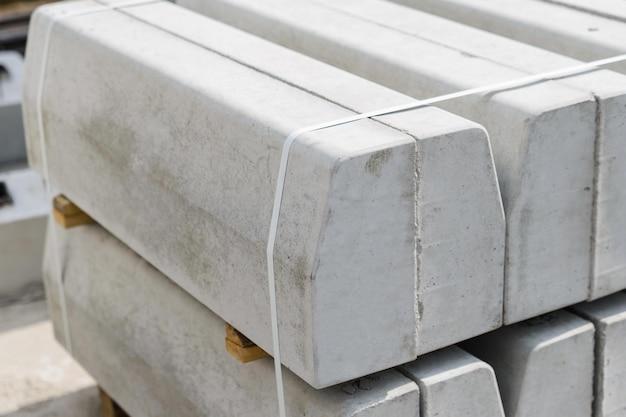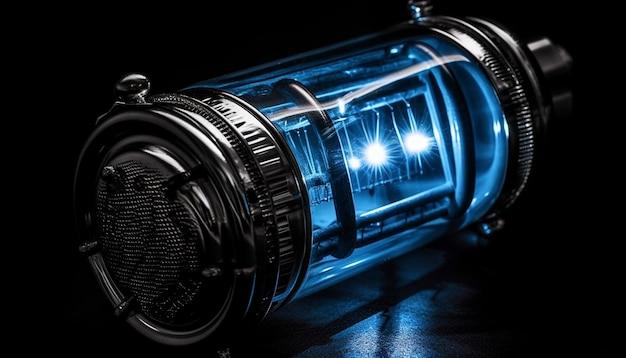Are you facing trouble getting your car to start? It’s frustrating, isn’t it? Well, there could be various reasons why your car refuses to cooperate, but one potential culprit may be the crankshaft sensor. In this blog post, we’ll delve into the role of the crankshaft sensor and explore whether it can indeed cause a car not to start.
A crankshaft sensor, also known as an engine speed sensor, plays a critical role in the ignition system of a vehicle. It monitors the rotational speed and position of the crankshaft, which is essential for the engine’s operation. But can a faulty crankshaft sensor actually prevent your car from starting? Let’s find out!
In this blog post, we’ll discuss the signs of a bad crankshaft sensor, how to test it using a scanner, and even learn about the connection between the crankshaft sensor and the injectors. Join us as we unravel the mystery behind crankshaft sensors and their impact on a car’s starting dilemma. So, grab a cup of coffee and let’s dive in!
Can a crankshaft sensor cause a car not to start
Understanding the Crankshaft Sensor
If you’ve ever experienced the frustration of turning the key in your car’s ignition only to be met with dead silence, chances are you’ve wondered what could be the culprit. One potential suspect that may come to mind is the crankshaft sensor. But can this tiny piece of technology really have such a big impact on whether your car starts or not? Let’s dive into the world of crankshaft sensors and find out!
The Role of the Mighty Crankshaft Sensor
Before we delve into the potential troubles caused by the crankshaft sensor, let’s understand its role in the grand scheme of your car’s engine. Picture this: the engine is like the heart of your car, and the crankshaft sensor is its diligent monitor. It keeps a close watch on the rotation speed and position of the crankshaft, which is responsible for converting linear motion into rotational motion. In simpler terms, it helps your car’s engine know when to fire at just the right moment for optimum performance.
When the Crankshaft Sensor Throws a Tantrum
Now, here’s where things get interesting. If the crankshaft sensor decides to misbehave, it could wreak havoc on your car’s ability to start. You see, this little sensor plays a critical role in the ignition timing of your engine. If it sends incorrect signals or fails to transmit any signals at all, the engine may become confused, stumble, or refuse to start altogether. Essentially, you could be left with a car that’s as motionless as a statue.
Signs of a Troublesome Crankshaft Sensor
So, how can you tell if your crankshaft sensor is the troublemaker causing your car’s refusal to start? Well, there are a few telltale signs to be on the lookout for. If you notice inconsistent or jerky engine performance, sudden stalling, or the engine cranking but not firing up, it’s time to give that crankshaft sensor a serious stare-down. It’s worth noting that these symptoms may not always be exclusive to a faulty crankshaft sensor, but it certainly raises suspicion.
Playing Inspector Clue-So
Before you start panicking and rushing to replace the crankshaft sensor, it’s important to play a little game of Inspector Clue-So. Sometimes, the crankshaft sensor can be innocent, and the real culprits may lie elsewhere. Take a moment to inspect the wiring harness and connectors connected to the sensor. Is there any visible damage or corrosion? Perhaps a loose connection is causing mischief. A thorough inspection may save you from jumping to conclusions and needlessly spending your hard-earned dollars.
Getting Your Car Back on Track
If your investigation points towards a crankshaft sensor in need of a replacement, fear not. Thankfully, it’s a relatively straightforward fix. Depending on your car’s make and model, you can usually find the crankshaft sensor located near the crankshaft itself or the flywheel. In most cases, a few bolts and connectors stand between you and a shiny new sensor. With a touch of DIY spirit or a friendly mechanic’s assistance, you’ll have that crankshaft sensor replaced and your car purring like a contented kitten.
So, can a crankshaft sensor cause a car not to start? Absolutely! This small but mighty sensor’s misbehavior can send your car into a tantrum, leaving you stranded until the issue is resolved. Remember to keep an eye out for the telltale signs of a crankshaft sensor acting up, but don’t forget to play Inspector Clue-So and ensure there aren’t any underlying issues at play. With a little detective work, you can get your car back on track and bid farewell to the frustration of a non-starting engine.
Frequently Asked Questions about Crankshaft Sensors and Car Starting Issues
Can a crankshaft sensor cause a car not to start
Absolutely! The crankshaft sensor plays a vital role in starting your car. It detects the rotation of the crankshaft and sends crucial signals to the engine control unit (ECU). If the sensor becomes faulty or fails to transmit accurate information, it can disrupt the ignition and fuel injection processes, leading to a no-start situation. So, when your car refuses to wake up, the crankshaft sensor might be the sneaky culprit behind the scene!
How do you calibrate a crank sensor
Unlike a finicky carnival ride, crank sensors don’t generally require calibration. These nifty little devices are designed to self-adjust and align with the crankshaft. Their brilliance lies in their ability to work seamlessly without any human intervention. So, sit back, let the sensor do its thing, and focus on other matters, like your favorite guilty pleasure TV show or that well-deserved snack in the pantry!
How do you test a crank sensor with a scanner
Ah, the art of crank sensor testing! If you suspect your sensor is giving you the silent treatment, fret not. Grab a diagnostic scanner, connect it to your car’s OBD port, and let the magic unfold. Start the engine and monitor the scanner for RPM readings. If the RPM remains at zero while your engine revs up, then Houston, we have a problem! Time to bid farewell to your crank sensor and welcome a new hero to save your car from impending doom.
What are signs of a bad crankshaft sensor
A bad crankshaft sensor can be quite the troublemaker. Look out for these telltale signs if you suspect that your sensor has gone rogue:
-
Unresponsive engine: Your car may refuse to start, leaving you stranded like a kid who lost their parents at the amusement park.
-
Stalling engine: Picture this – you’re driving, cruising down the road, and suddenly your engine decides to take a nap. Annoying, right?
-
Inconsistent RPM readings: If your RPM gauge behaves like a roller coaster, accelerating and decelerating without your command, blame the crankshaft sensor.
-
Poor fuel efficiency: Your car might start devouring fuel like a hungry grizzly bear. If your gas gauge seems overly enthusiastic, suspect the crankshaft sensor wreaking havoc.
How can you tell if a camshaft sensor is bad
Camshaft sensors can be just as mischievous as their crankshaft counterparts. Keep an eye out for these signs to catch a bad camshaft sensor red-handed:
-
Engine misfires: Your car may start bucking like a wild horse, jolting you with each misfire. Yeehaw!
-
Illuminated check engine light: When your camshaft sensor gets cranky, it tends to throw temper tantrums, triggering the check engine light to shine brighter than the North Star.
-
Rough idling: If your car’s engine is having trouble finding its Zen, shaking and vibrating at halts like a nervous Chihuahua, a faulty camshaft sensor might be the stress-causing culprit.
Does crank sensor control injectors
Indeed, it does! The crank sensor holds sway over the kingdom of fuel injectors. It communicates with the ECU, providing essential information about the position and speed of the crankshaft. Armed with this knowledge, the ECU orchestrates the perfect fuel injection timing, ensuring your engine runs smoothly and efficiently. So, the next time you hear your injectors singing the sweet symphony of combustion, give a nod of appreciation to the mighty crank sensor!
What causes injectors not to spray
Ah, the mystery of the silent injectors! Here are a few notorious culprits that might keep your injectors from spraying in all their glory:
-
Clogged fuel injectors: Over time, those pesky little nozzles might accumulate gunk, restricting the flow of fuel. It’s like trying to sip a milkshake through a straw filled with brown sludge!
-
Faulty fuel pump: If your fuel pump decides to go on a vacation without telling you, your injectors will be left high and dry, thirsty for the sweet elixir of life (a.k.a. fuel).
-
Uncooperative ECU: Sometimes, the ECU and injectors may not share the same wavelength, resulting in miscommunication. It’s like two friends speaking different languages – lots of confusion and zero fuel delivery.
Music to a Car’s Ears: A Well-Behaved Crankshaft Sensor
So, there you have it – a comprehensive FAQ session to unravel the enigma surrounding crankshaft sensors and their impact on car starting issues. From the mischievous ways of a faulty sensor to the shenanigans of sneaky injectors, we’ve covered it all. Remember, the crankshaft sensor is the unsung hero of your engine, quietly working behind the scenes to ensure a smooth start every time. So, show it a little love, and your car will sing its sweet combustion melody for years to come!

